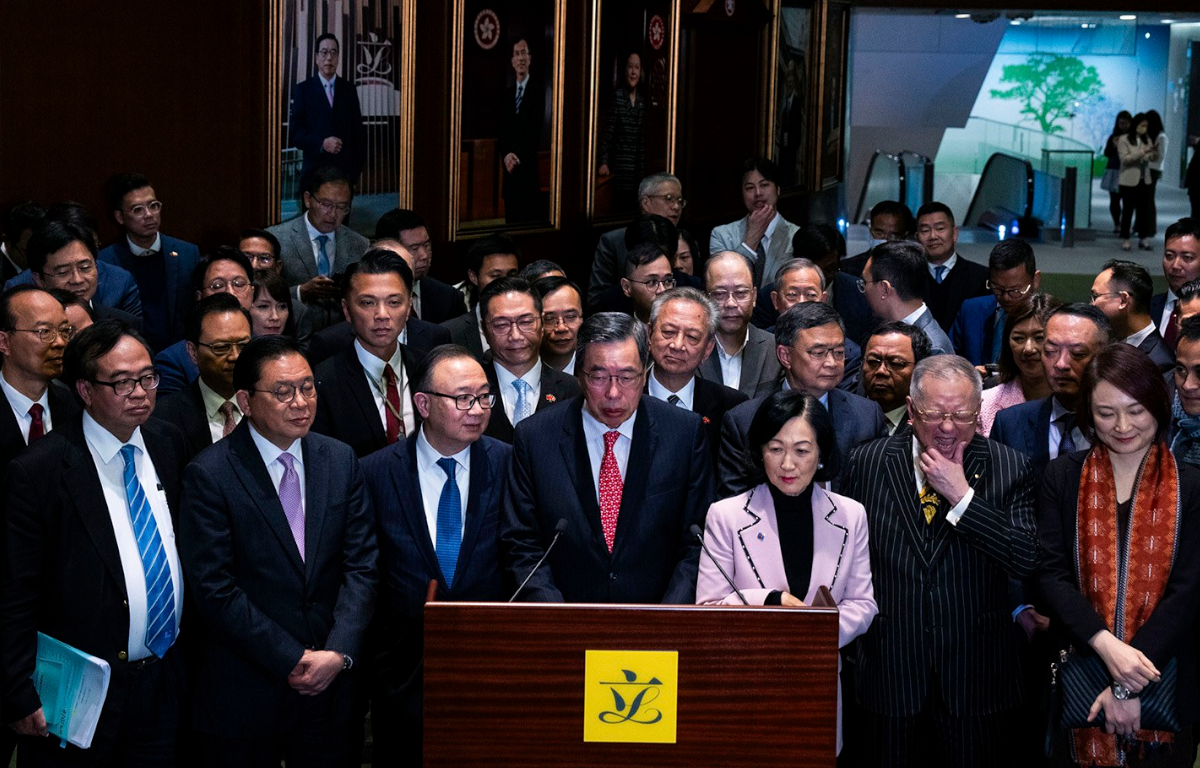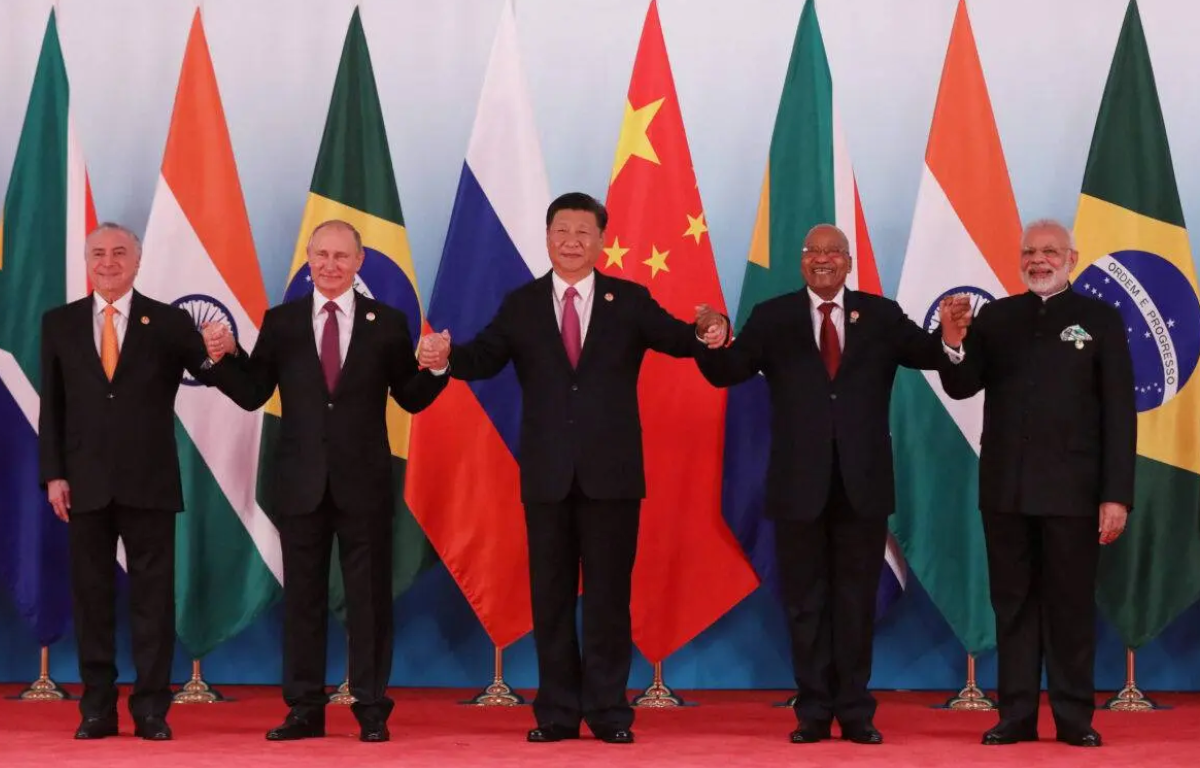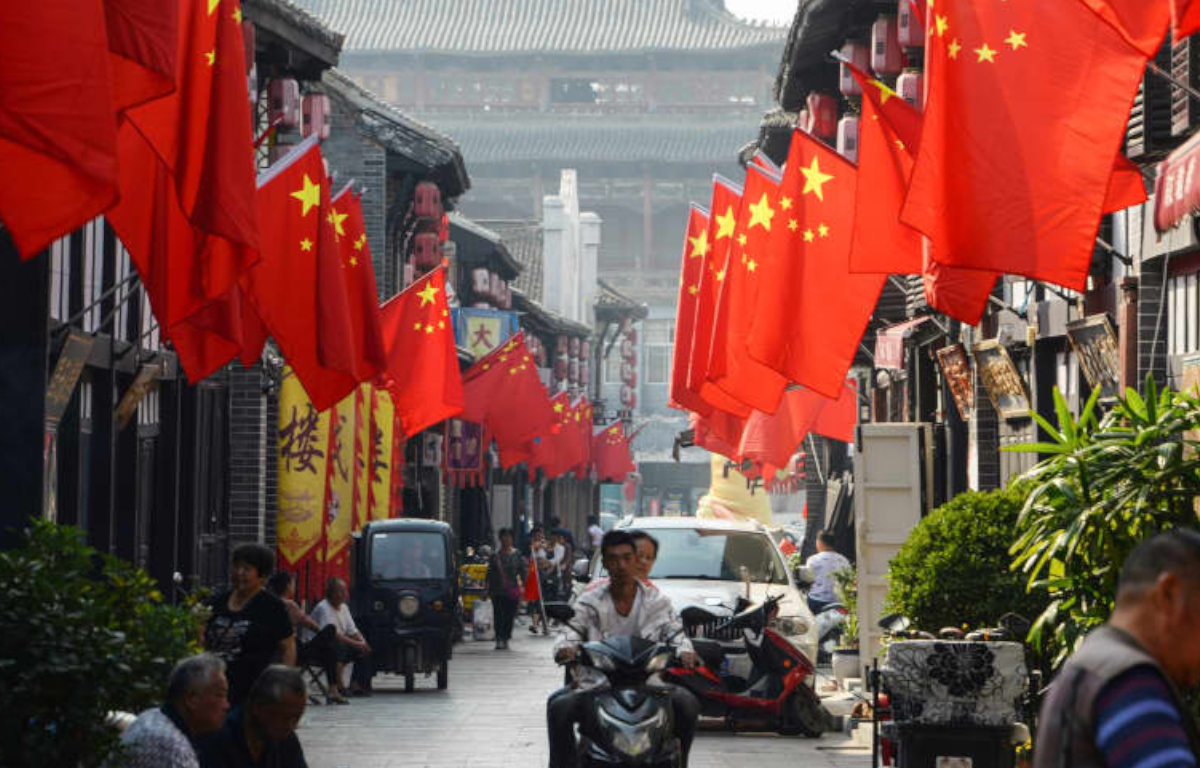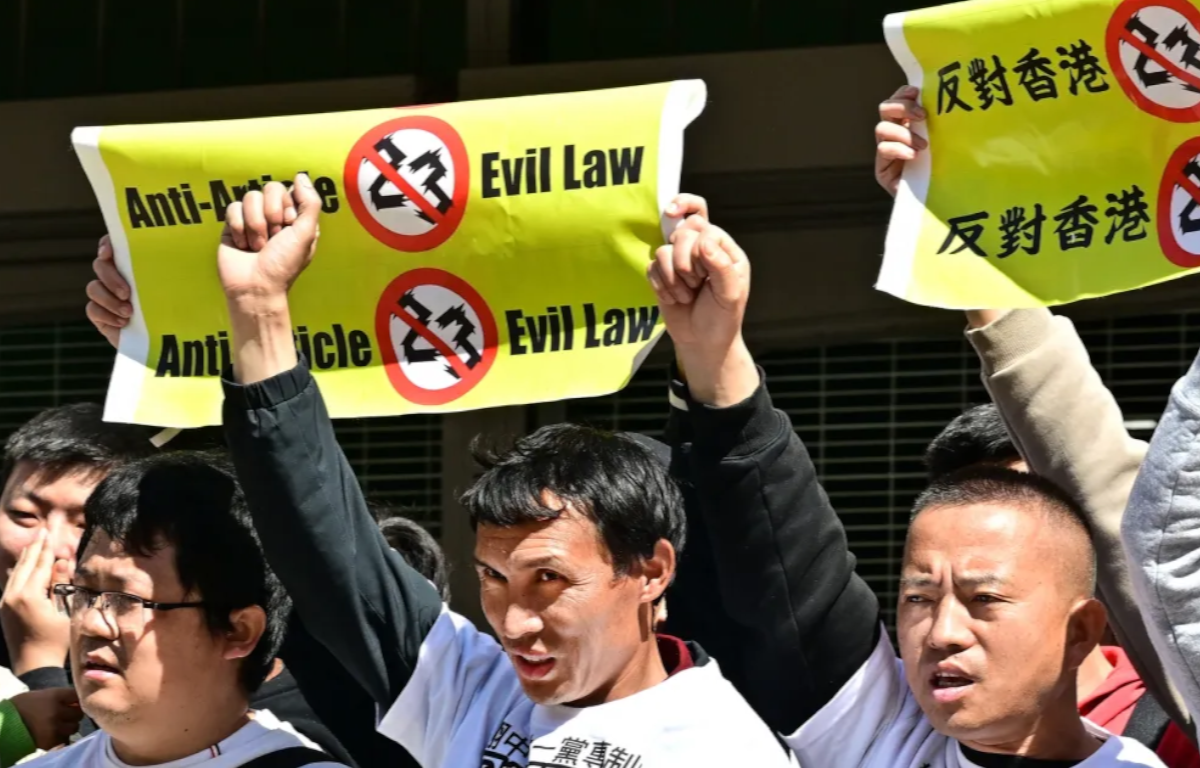
Recent developments in Hong Kong’s political landscape have raised concerns about press freedom and the operating environment for international media organizations. One such organization, Radio Free Asia (RFA), is contemplating its future in Hong Kong as the Article 23 national security law comes into force. This potential departure underscores the challenges faced by media outlets in the region and the broader implications for freedom of expression.
The Article 23 law, part of Hong Kong’s Basic Law, aims to prohibit acts of treason, secession, sedition, subversion against the central Chinese government, and theft of state secrets. While the law is framed as a measure to safeguard national security, critics argue that it could be used to stifle dissent and curtail freedom of speech. The implementation of this law has raised concerns among international media organizations operating in Hong Kong, including RFA.
RFA, a nonprofit news organization funded by the United States government, has been a prominent voice in providing independent news coverage and information to audiences in Asia, including China and Hong Kong. However, the tightening of regulations and the potential implications of the Article 23 law have prompted RFA to reconsider its presence in Hong Kong.
The decision facing RFA reflects broader challenges faced by media organizations in Hong Kong. Over the past few years, there has been a growing sense of unease among journalists and media professionals regarding press freedom and autonomy. The closure of independent media outlets, arrests of journalists, and increased scrutiny from authorities have contributed to a climate of uncertainty and apprehension.
For RFA, leaving Hong Kong would not only have operational implications but also symbolic significance. It would signal a retreat from a city that has long been regarded as a hub for media freedom and free expression in Asia. The departure of international media organizations like RFA could further diminish Hong Kong’s reputation as a global media center and erode its status as a bastion of free speech in the region.
The potential departure of RFA also raises questions about the future of press freedom and independent journalism in Hong Kong. As international media organizations reassess their presence in the city, there are concerns that critical voices and diverse perspectives could be increasingly marginalized. This could have far-reaching implications for the public’s access to information and the broader democratic principles that underpin a free society.










Share this: